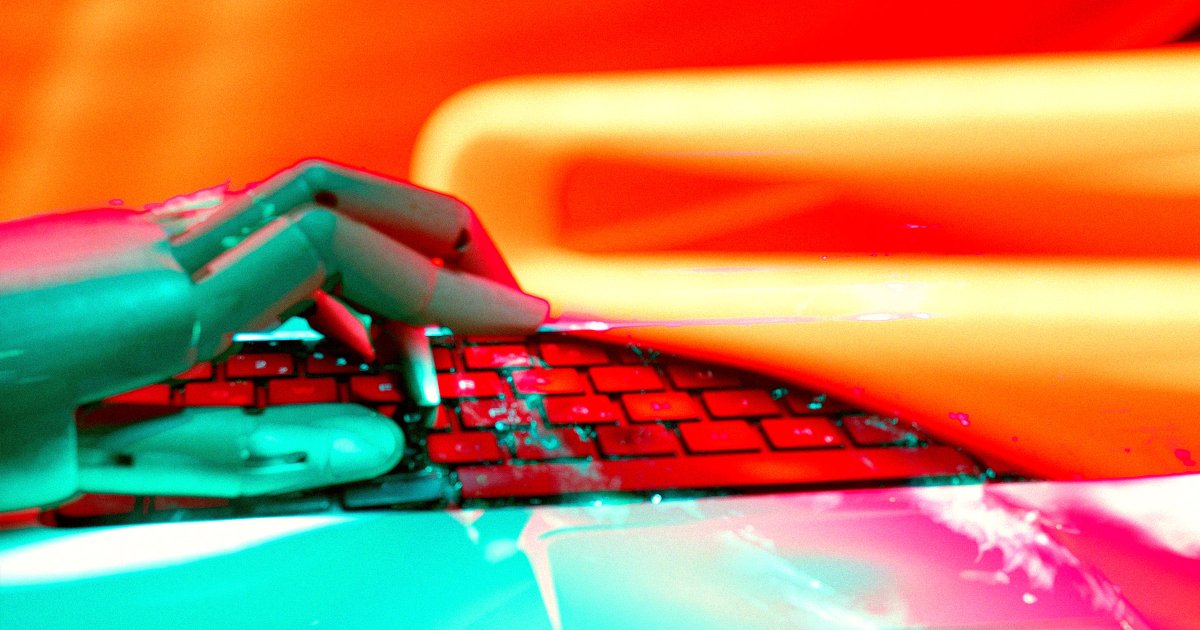
"In the almost exactly three years since the advent of OpenAI's ChatGPT, a tidal wave of AI slop has turned large swathes of the internet into an almost unrecognizable hellscape. Text carelessly generated by a large language models has invaded countless industries, from lawyers citing cases that were hallucinated by an AI to insipid lyrics crooned by chart-topping country music artists that don't actually exist in real life."
"Case in point, in an excellent piece for Toronto-based online magazine The Local, editor Nicholas Hune-Brown detailed how he was almost fooled into assigning a story based on a pitch by a writer who identified herself as Victoria Goldiee. The writer claimed to have written stories for several publications, which Hune-Brown initially confirmed with a quick Google search. But it didn't take long for some red flags to come up. First, there was the "stilted" phrasing in her emails, a hallmark of AI chatbots."
In almost exactly three years since ChatGPT, AI-generated content has flooded the internet, degrading quality across industries. Generated text has produced fabricated legal citations, fictitious songwriters and insipid lyrics attributed to nonexistent artists. Journalism faces an existential threat as syntactically plausible but factually false prose and fake bylines can deceive editors. A case involved a purported freelancer claiming credits who supplied stilted pitches and fabricated quotes; editors discovered invented attributions and heavy borrowing from other outlets. Red flags have included unusual phrasing, unverifiable quotes, and patterns of plagiarism, prompting increased scrutiny of sources and verification processes.
Read at Futurism
Unable to calculate read time
Collection
[
|
...
]